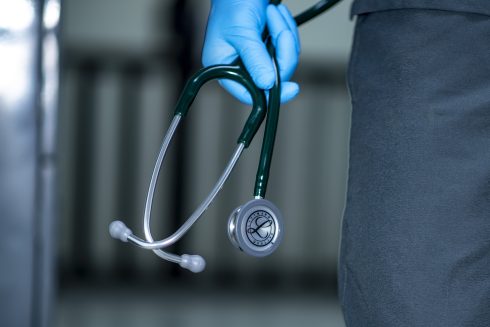PHYSICAL and verbal assaults on health staff in Spain’s cities rose by 29% in 2024- according to the Policia Nacional.
The police said the big rise does not reflect a rise in aggression but shows the health community is more aware about reporting incidents with a zero tolerance stance against all violence.
Figures released on Tuesday showed health professionals in urban centres filed 406 complaints against patients, relatives and friends who assaulted them in some way last year.
READ MORE:
- Police arrested 115 people last year for violent assaults against doctors and nurses in Spain
- Valencia health centre in Spain closed after violent assaults on doctors and medical staff
- Female patient stopped from using local health centre after assaulting doctor on Spain’s Costa Blanca

That’s an increase of 91 complaints compared to 2023, with the most serious incidents recorded in the Madrid area, Sevilla, and Las Palmas.
Verbal attacks rose sharply last year- accounting for 70% of incidents while physical aggression in the form of pushing, shoving, and hitting actually fell.
That reduction accounts for why arrests went down from 115 in 2023 to 106 last year.
Of the 10,000 plus responses by the Policia Nacional to deal with health worker assaults, 70% were carried out by visiting homes of perpetrators, while the rest were interventions in health centres and hospitals.
Wednesday and Thursday saw the greatest number of incidents while the peak time for conflicts is between 10am and 2pm.
The Policia Nacional started a special programme for health workers in 2017, which has seen over 40,000 professionals get training from officers in preventive techniques and initiatives to cool down potential aggressive situations.
Around 11,000 people received training last year alone which extended the programme to non-health workers like porters, administrators and security guards in addition to home care staff, ambulance drivers, and civil protection employees.
Medical students are also being given training in the final years of their university degree courses..








